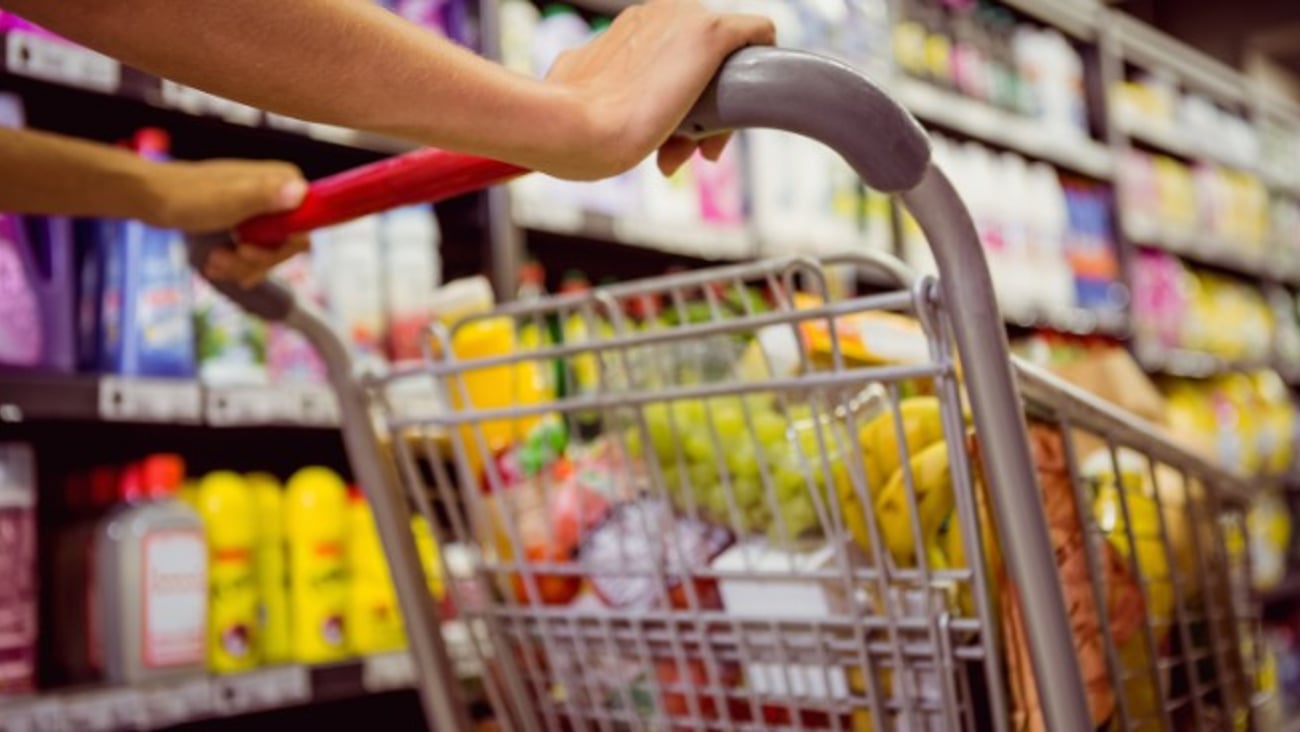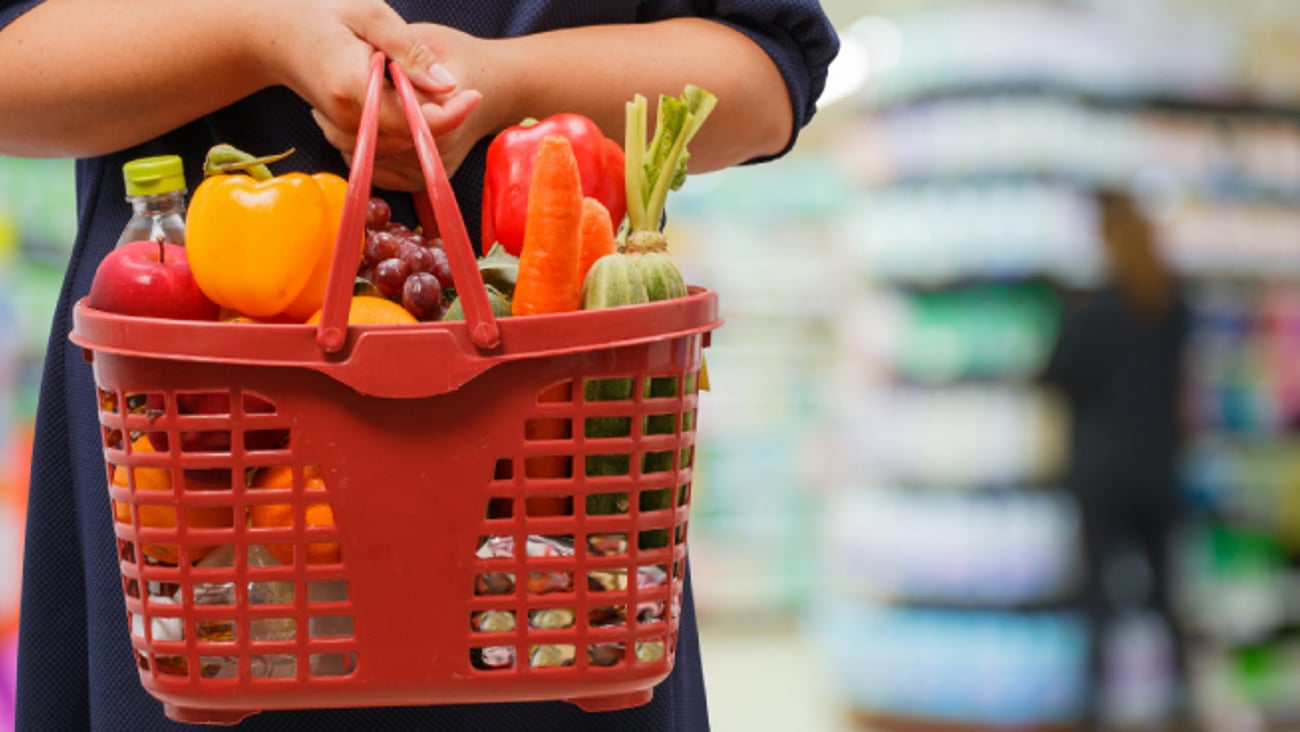New reality sparks new consumption habits
Consumers are balancing shifting needs by prioritizing fresh and less processed options, and aspiring to higher quality experiences and more transparent communication—all while seeking experiences that provide pleasure and enjoyment. The result of this struggle is the emergence of a new hierarchy of values—a contemporary consumption code.
Our Ipsos FIVE Consumption Diary Study (monthly tracking of consumption behaviour), however, has revealed that the impact of the pandemic-prompted quarantine has accelerated the importance of some trends while reversing the significance of others. Here are some of the shifting trend dynamics:
SHIFTING SPHERE OF INFLUENCE (trend acceleration)
Seismic demographic shifts in Canada have had a tremendous impact on our food culture. Key to these changes is the rising prominence of aging millennials who are increasingly shaping family dining habits. Amid the current confinement, the importance of this population segment is on the rise again as many of these consumers balance work, home-schooling and daycare priorities. While half of the items consumed today are reported to be made from scratch, a rising share of heat-and-eat options such as frozen pizza (+17% versus Mar’20) are being consumed at both lunch and dinner, led by young family households seeking convenient solutions.
Future millennial food and beverage choices will also be influenced by household finances. Younger consumer cohorts like gen Z and millennials report being much more concerned about finances and their ability to pay bills, while 65% report they will be cutting back on unnecessary spending.
PERSONALIZED HEALTH AND WELLNESS (trend acceleration)
The expanding definition of what is healthy has evolved as consumers look beyond solely evaluating food and beverage options for their nutrient values (both good and bad) to seeking a variety of targeted physical and emotional benefits from their choices (energy, mental focus, comfort, etc.). Consumers are also increasingly vetting product healthfulness based on the societal and systemic impacts of our food and beverage choices.
We expect the importance of meeting customized health requirements will continue to rise—our April tracking reveals one in four Canadians reports eating healthier to boost their immune systems. In tandem with healthy choices is the need to meet a variety of personal dietary regimes and routines. Today, more than two-thirds of consumers (38%) report a dietary restriction or sensitivity that impacts their food choices.
INSPIRATION AND ENJOYMENT (trend acceleration)
Undoubtedly, the lockdown has placed a new importance on traditional eating regimes. Fewer meals were being skipped in April compared to similar time periods over the past five years, rendering meal occasions as foundational pillars helping define our daily routines.
Consumers are snacking more often, too, both in the afternoon and evening, and indulgent snacks like potato chips, chocolate and cookies are benefitting. Over a third (34%) of consumers report they are both baking more often and serving more indulgent options to family members to boost the household mood.
Back-to-the-kitchen routines are inspiring more energy and time in consumers’ home-food preparation. They are also using appliances like the barbecue more often. In the chilly month of April, across most of the country, grilling rates were up more than 30% (compared to April 2019).
We are also consuming more alcohol: 23% of consumers report drinking more alcohol than normal over the past two weeks. Driving this is the desire to relax, the need to relieve at-home boredom and the inclination to treat oneself.
FOODSERVICE SOLUTIONS (trend reversal)
Our slow move from home to foodservice solutions over the past five years—triggered by experience, convenience and authentic cuisine options—came to a grinding halt in April. Declines in both traffic and dollars approached more than 50% when compared to April 2019, according to Ipsos Foodservice Monitor.
As a variety of re-engagement options ramp up to ignite a return of traffic, future economic uncertainty coupled with concerns over safety will require the industry to create new offers steeped in value, confidence and convenience.
These are but a snippet of insights into the current zeitgeist of behaviours and habits in the early days of the lockdown. As consumers continue to adjust and adapt to the flux of change around them, it is critical that companies understand how consumers are navigating choices to determine which shifts actually stick as we move through 2020 and beyond.




